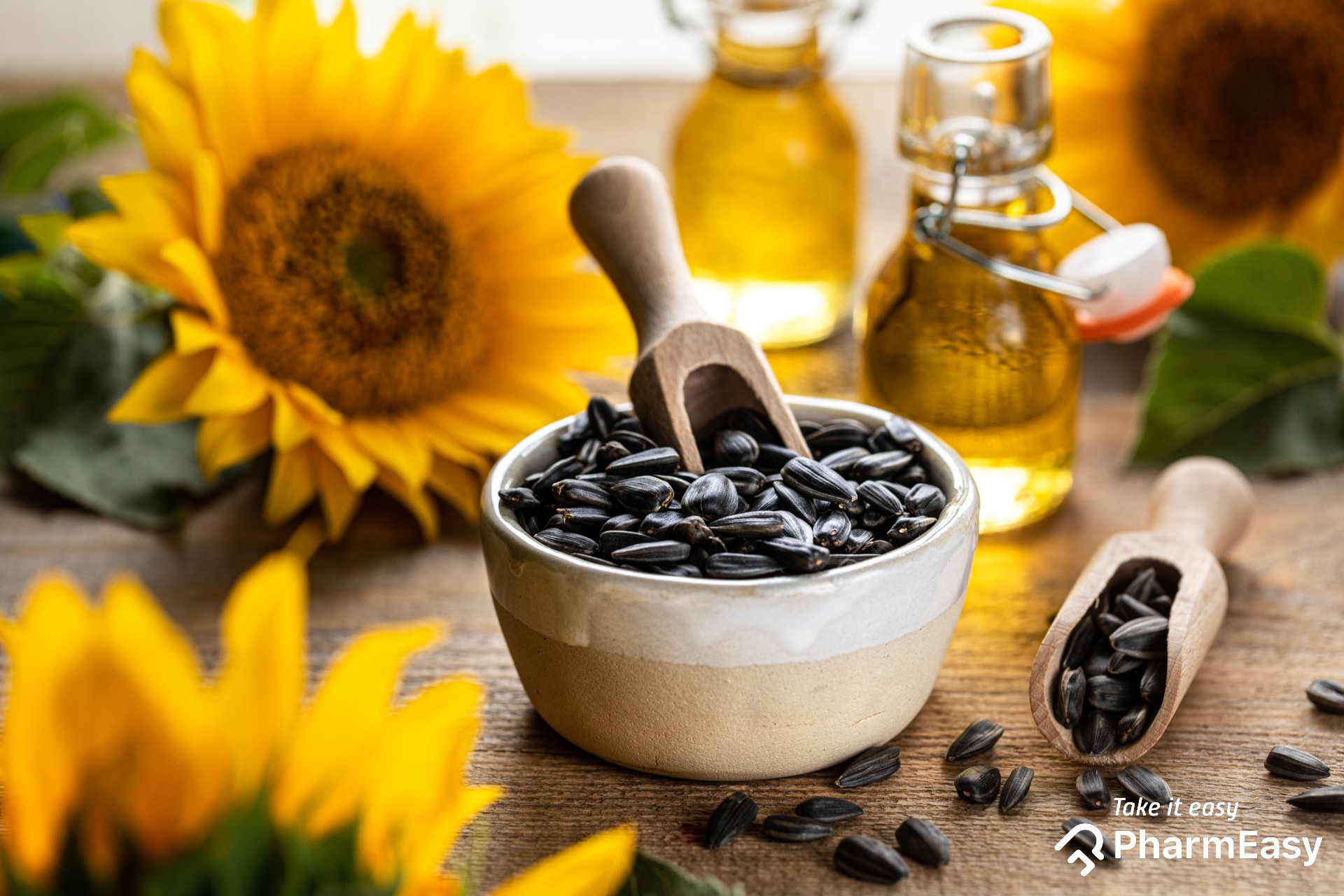Sunflower seeds are packed with a variety of nutrients that help maintain a healthy weight. They are also an excellent source of dietary fiber.
Eating sunflower seeds may help lower the risk of heart disease and cancer. They also contain a number of vitamins and minerals, including selenium.
They are a good source of protein
Sunflower seeds are packed with vitamins and minerals that can help support a healthy immune system. They also contain antioxidants, such as vitamin E, that can reduce inflammation and fight off disease-causing free radicals. They are rich in protein and fiber, making them an excellent snack option.
They’re a good source of calcium, magnesium and zinc, which are essential for bone health. In addition, they’re a good source of iron, which is necessary for oxygen transport and red blood cell production. The high amounts of dietary fiber and niacin in sunflower seeds can help lower bad cholesterol levels. They can also help regulate your blood sugar levels by slowing down the absorption of carbohydrates into your bloodstream.
These seeds are also a good source of potassium, which is essential for maintaining proper blood pressure levels and helping your heart function at its best. They also contain magnesium, which helps control your insulin sensitivity. This nutrient-rich seed is also an excellent source of selenium, which may help protect against respiratory infections and coughs. It is also a good source of copper, phosphorous and manganese, which help support a strong immune system. Make Body more flexible with か まぐ ら 100 購入.
They are a good source of dietary fiber
Sunflower seeds are a good source of dietary fiber, which is essential for digestive health. They also contain vitamins, minerals and phytonutrients (plant chemicals that have healing properties). Vitamin E and B-complex vitamins like folate and niacin are essential for normal growth, cell renewal, enzymatic processes, and immune function. Zinc, copper, magnesium, phosphorus and selenium are other nutrients found in sunflower seeds that play key roles in the body.
Phytonutrients in sunflower seeds act as antioxidants to fight the effects of free radicals on your health. They also help prevent the development of cancer and other diseases. Moreover, they improve your digestion by slowing down the absorption of carbohydrates and fats in the gastrointestinal tract.
These seeds are also rich in niacin and pantothenic acid, which are important for improving cholesterol levels and heart health. Niacin helps to raise HDL or “good” cholesterol and lower LDL or “bad” cholesterol, while pantothenic acid boosts your immune system and reduces blood pressure. In addition, the polyphenols in sunflower seeds have antioxidant properties. These phytonutrients may inhibit the growth of certain bacteria and fungi, preventing infections and illnesses.
They are a good source of omega-3 fatty acids
Sunflower seeds are a great source of heart-health omega-3 fatty acids. These fatty acids are essential for keeping your cells, organs and tissues functioning properly. They can be found in a variety of foods, including nuts and seeds, fish oil and vegetable oils.
They are rich in vitamin E and phytochemicals like helianthin, which can help lower cholesterol levels and reduce the risk of heart disease and stroke. In addition, they contain proteins that can block angiotensin-converting enzyme (ACEi), which is a vasoconstrictor that can increase blood pressure. They are also a good source of zinc, folate and protein.
Body needs
It’s important to remember that sunflower seeds are a good source of monounsaturated and polyunsaturated fats, which are health fats that your body needs. However, they should be included in moderation to avoid excess consumption of omega-6 fatty acids, which are linked to inflammation and other health problems.
The most common dietary sources of omega-3 fatty acids are fatty fish, such as salmon, mackerel and tuna, and ALA (alpha-linolenic acid) found in many plant sources, including sunflower seeds. Other sources of omega-3 include krill, flaxseed and walnuts. カマグラ ゴールド for healthy health and boost your immunity, this is the one you need.
They are a good source of magnesium
Sunflower seeds are an excellent source of magnesium, which is an essential nutrient for many body functions. It helps regulate blood sugar levels, reduces blood pressure, and supports muscle and nerve function. Magnesium is also a key player in promoting a health heart. Research shows that low magnesium intake is linked to an increased risk of ischemic heart disease and other cardiovascular conditions (Pao & Mickle, 1981).
Although magnesium deficiency is rare, many Americans do not get enough of this mineral in their diets. This is likely due to a high intake of processed foods and poor diet choices, which can contribute to magnesium depletion over time. The good news is that it’s easy to boost your intake of magnesium by incorporating more magnesium-rich foods into your diet. These include whole grains, beans, nuts, and dark leafy vegetables.
In addition to magnesium, sunflower seeds are also a rich source of Vitamin E, a group of fat-soluble compounds that are important for skin health and anti-aging. Vitamin E protects cell membranes, improves oxidative stress, and reduces the risk of chronic diseases.

